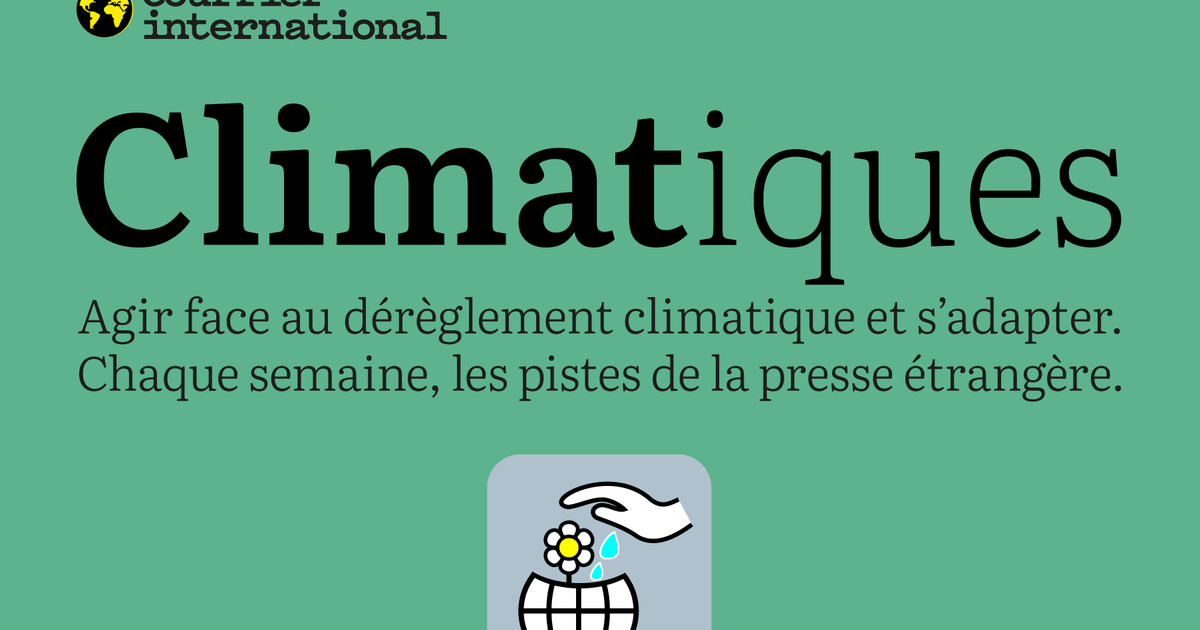Israeli attacks in Yemen, Qatar, Spain, life on Mars: the night's news
An Israeli attack has killed dozens in Yemen. The Israeli air force bombed several Houthi sites on Wednesday, killing 35 people and wounding 131 others, according to the rebels, who control large swathes of the country. The raids targeted the capital Sanaa and the northern province of Jawf, where Israel said it had struck Houthi “military targets.” It was “the longest flight made by an Israeli pilot since the beginning of the war – 2,350 kilometers – to carry out the mission,” the Jerusalem Post reported . “We will continue to strike. Whoever attacks us, we will hit them,” Israeli Prime Minister Benjamin Netanyahu said after the raids. The Israeli army, which had announced the day before that it had intercepted a missile fired from Yemen, said it had struck "military camps where members of the terrorist regime had been identified, the headquarters of the Houthis' military public relations and a fuel storage site."
Qatar is reassessing its role as mediator in the Gaza war. The Gulf country's Prime Minister, Mohammed bin Abdulrahman Al-Thani, said Wednesday that his Israeli counterpart, Benjamin Netanyahu, should be brought to justice after the Israeli attack on Hamas leaders in Doha on Tuesday, saying it had "killed any hope" of freeing the hostages in Gaza. He also said that Qatar was reconsidering its mediation in the so-far unsuccessful talks aimed at a ceasefire in the conflict sparked by the Hamas attack on October 7. "I've been reflecting on the whole process over the past few weeks, and I've come to the conclusion that Netanyahu is just wasting our time," he said, according to CNN 's live blog , after an interview with the American network. The Israeli Prime Minister on Wednesday called on the Qataris to expel or prosecute "terrorists" on its soil, following Israeli strikes in Doha. Qatar described these remarks as " irresponsible."
The Spanish Parliament has rejected the Sánchez government's flagship project to reduce working hours. The proposal, which aimed to reduce the legal working week from 40 to 37.5 hours, was rejected on Wednesday by 178 MPs against 170 who supported it. Led by Labor Minister Yolanda Diaz, a figure of the far-left Sumar party, an ally of the Socialists within the government, this bill resulted from an agreement signed with the two main employee unions, UGT and CCOO, but without the employers' organizations, which opposed the reform. According to the government, it was expected to affect more than 12 million private sector employees, mainly in the retail, catering, and agricultural sectors—the 37.5-hour week is already applied in the civil service and most large companies. The failure of this proposal illustrates the uncomfortable position of Pedro Sánchez, who does not have an absolute majority in parliament and must rely on several regional parties to pass the bill, including the pro-independence Junts per Catalunya, which opposed the bill. In a “virulent intervention” against the Catalan party, Díaz “raised his voice like never before,” accusing it of “representing the interests of the most reactionary sectors of Spanish business,” reports El País .
Speckled rocks are the strongest evidence yet of ancient life on Mars. The speckled appearance of samples collected in July 2024 by the Perseverance rover raises the possibility that it is the result of chemical reactions, according to a NASA study published Wednesday in the journal Nature . These spots, comparable to “poppy seeds” and “leopard fur,” are patterns often associated with a biological origin, according to the researchers. “It’s kind of the equivalent of seeing fossilized meal remains that were perhaps excreted by a microbe,” said Nicky Fox, a NASA official. However, there are also “non-biological ways to produce these features and, based on the data collected, we can’t rule out that this is the case,” qualified Joel Hurowitz, the study’s lead author. Scientists believe they won't be able to be certain "until NASA brings a sample of the rock back to Earth for further analysis," notes Scientific American magazine . But that possibility seems unlikely, especially since the Trump administration plans to cancel missions to retrieve Perseverance samples.
Courrier International





